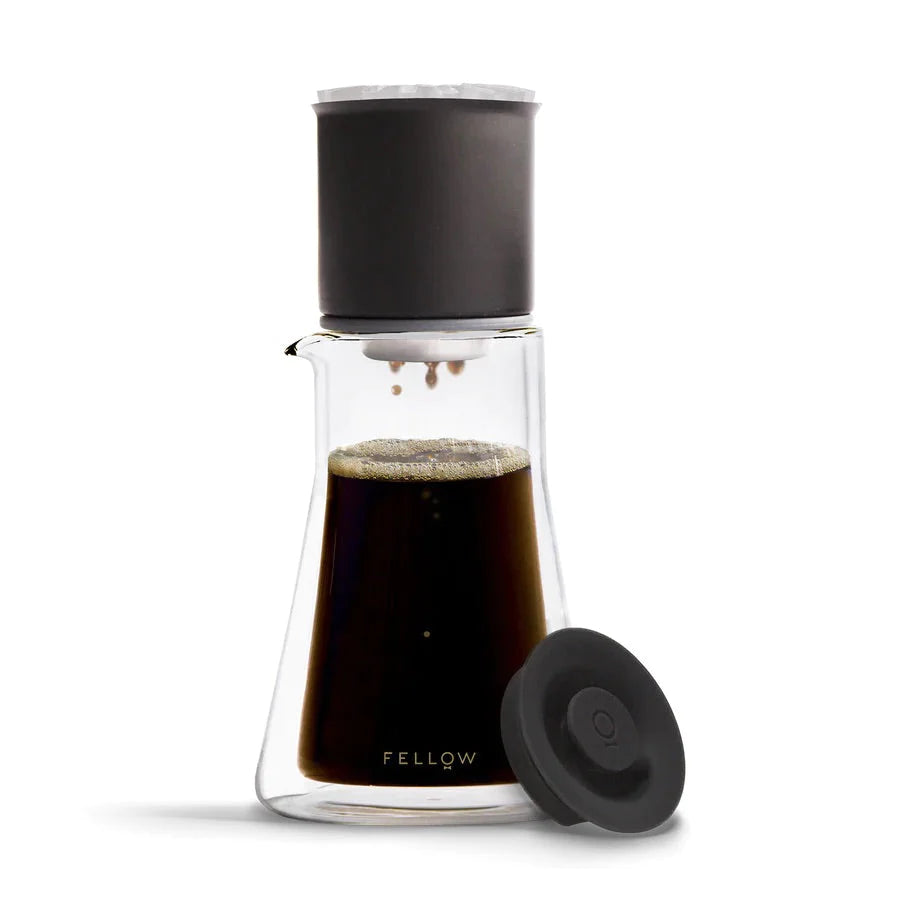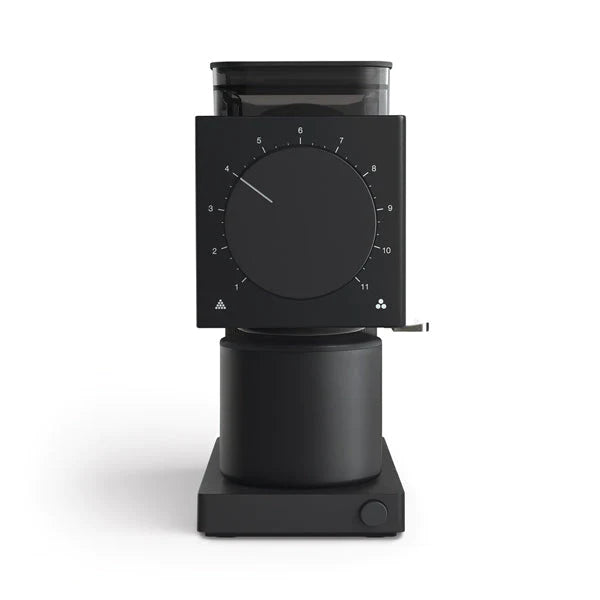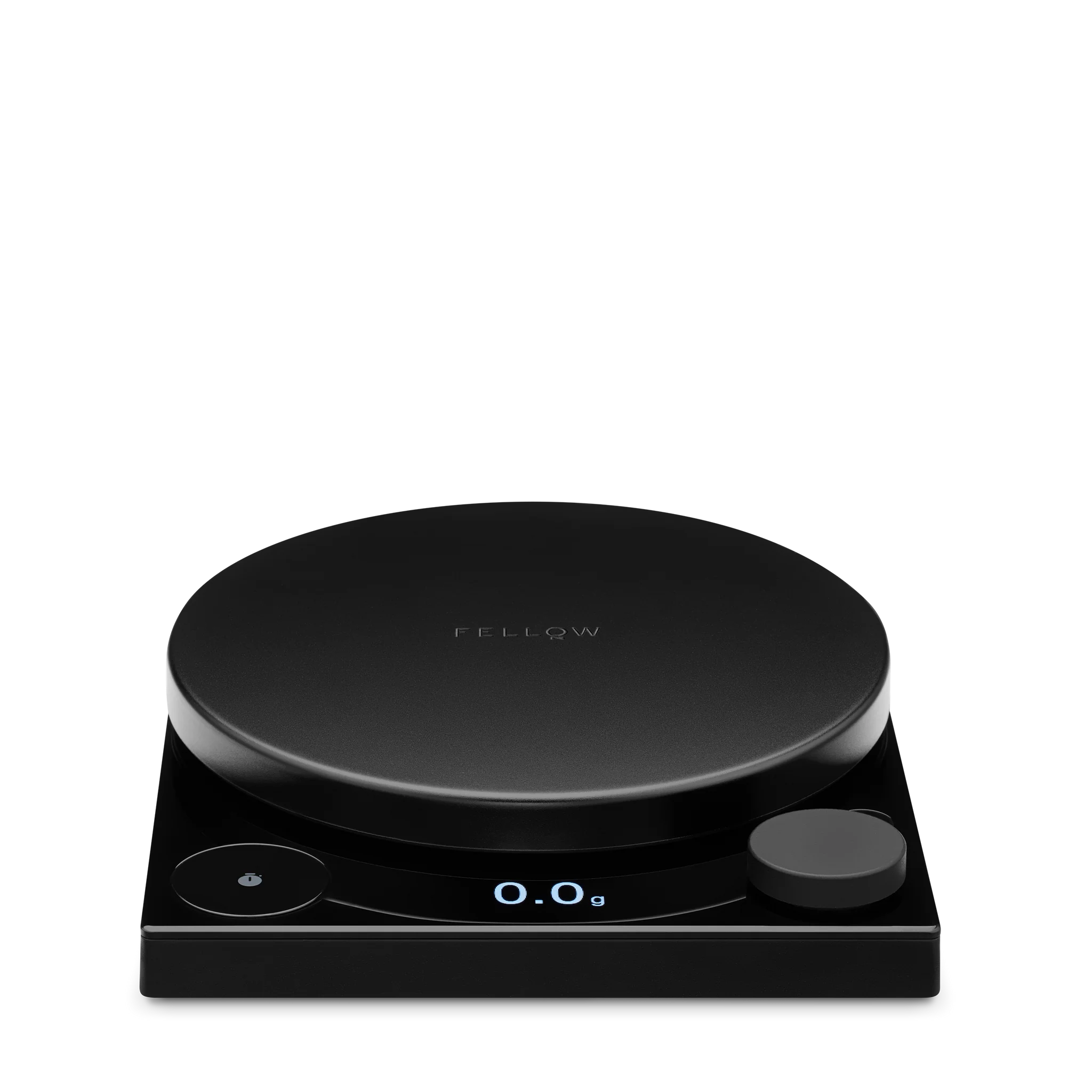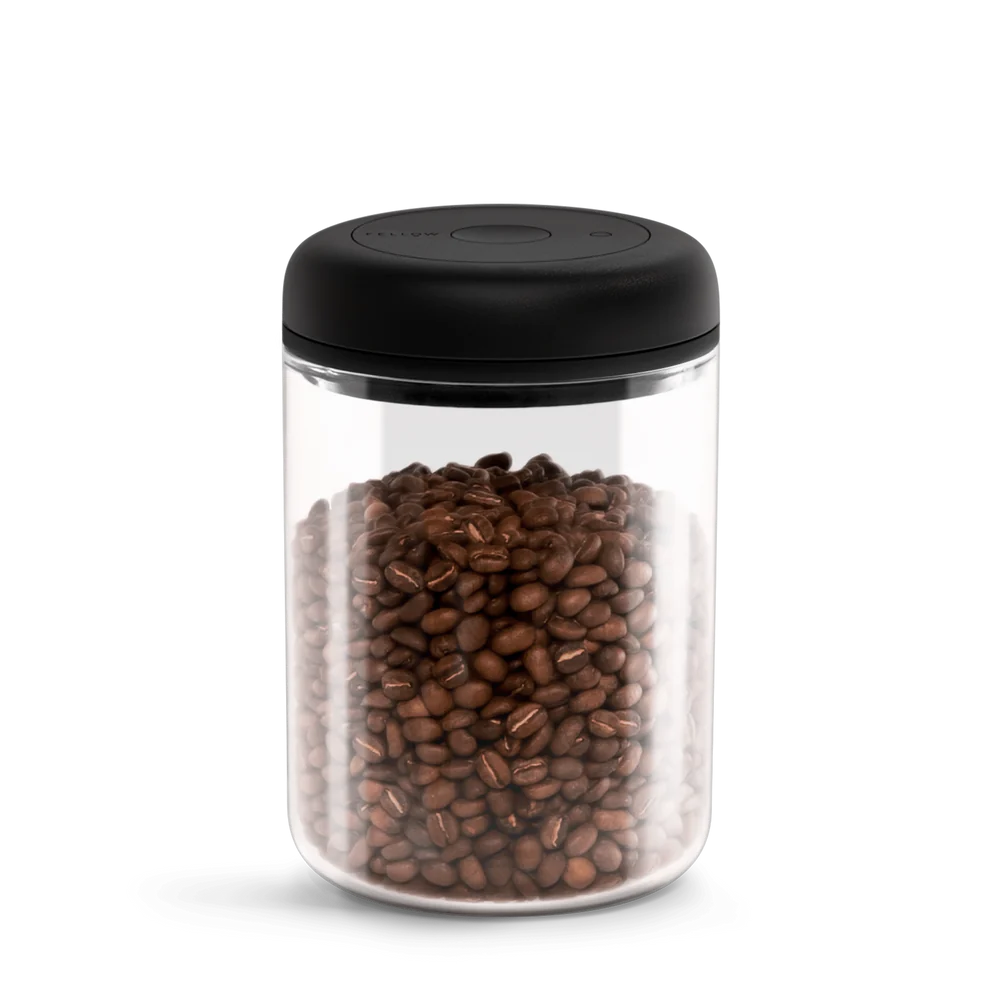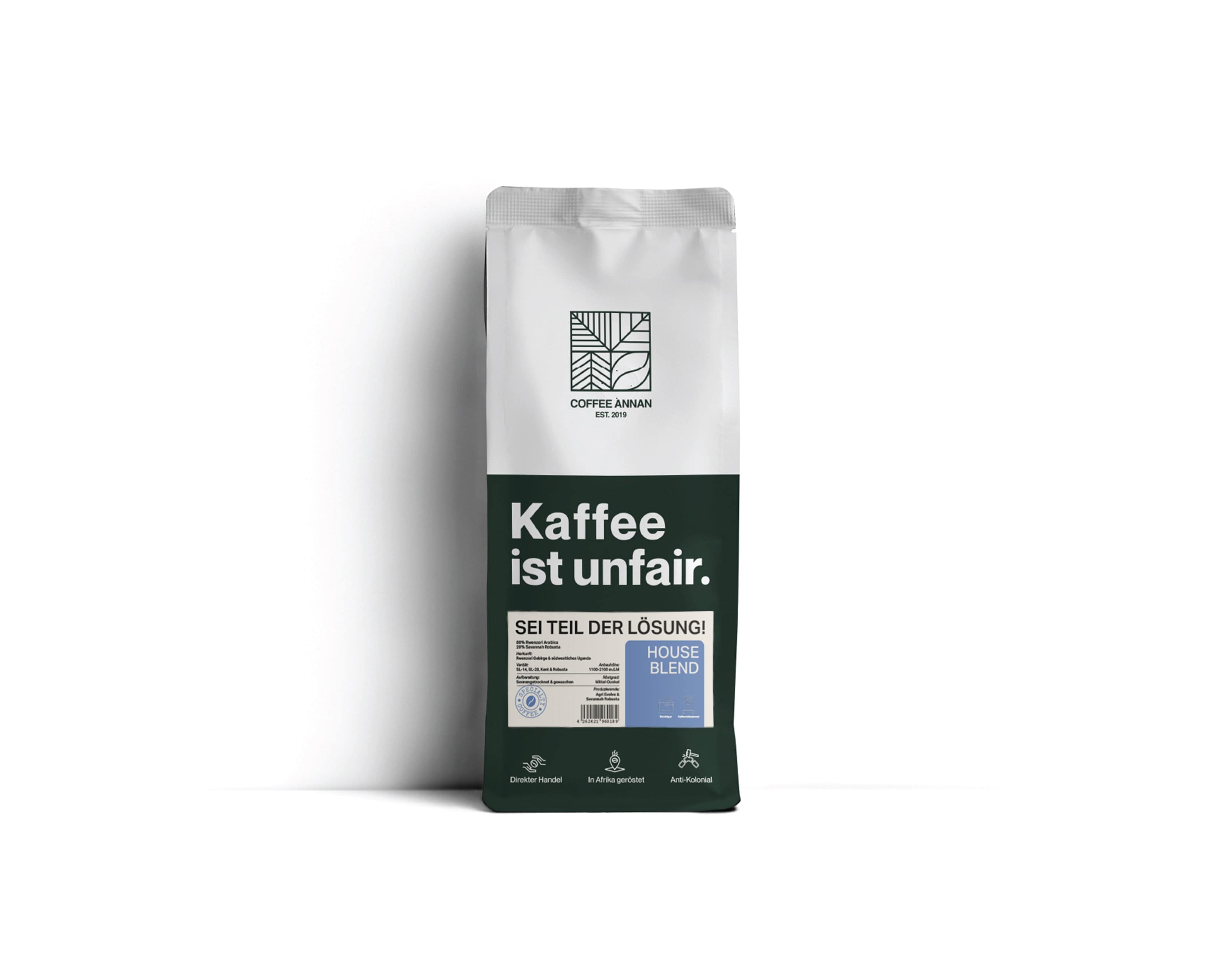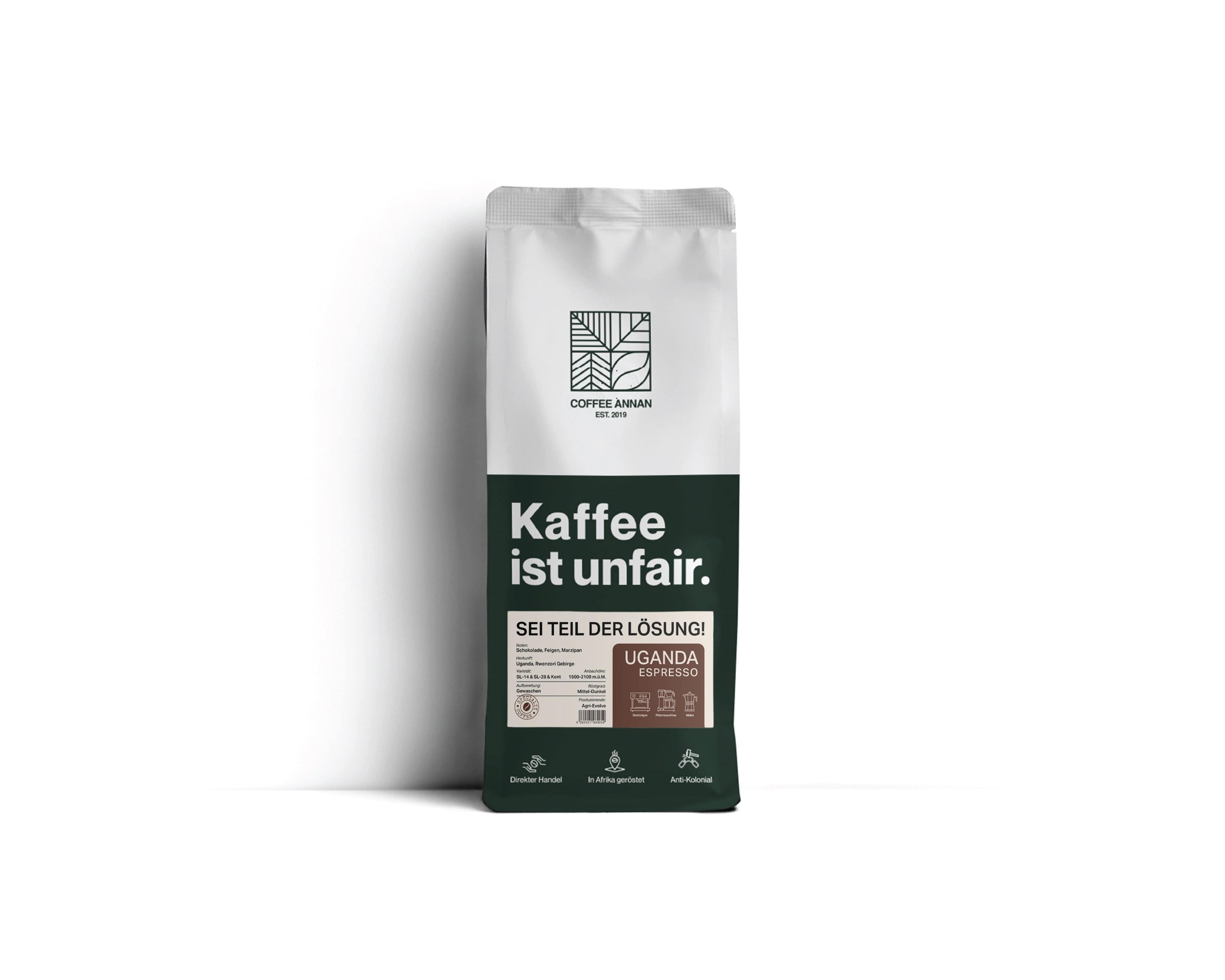For most people, enjoying a fragrant cup of joe is a true pleasure – after all, this aromatic pick-me-up is not just a drink, it's a moment of relaxation!
Whether you drink it right after getting up, in the office or with a piece of cake in the afternoon, a cup of joe stands for that little time-out that you can (almost) always allow yourself. However, sadly, not everyone feels the same way because some people feel sick after drinking coffee or experience a sudden aversion to coffee.
But what is coffee intolerance? What are the causes of a coffee allergy, and how do the coffee intolerance symptoms manifest themselves? Read on to find out!
What Is a Coffee Allergy?
Let's start with a definition of the term: there are two different types of intolerance. On the one hand, there is the actual intolerance to the beans and their ingredients (for example, tannins, acids, and oils). And on the other hand, we have the caffeine intolerance, which concerns caffeine in all its forms (coffee, caffeinated drinks, dark chocolate and tea). Therefore, it is important to establish whether you actually have an allergy to coffee, not caffeine.
It is known that caffeine is toxic in high doses. However, it is unlikely that anyone will become ill due to the normal amount of caffeine in coffee. Most people with a coffee allergy actually suffer from hypersensitivity to certain substances contained in the beverage.
Such a hypersensitivity is not considered an allergy in the classical sense, and a so-called coffee allergy or a caffeine allergy is not typical, but possible in rare cases. Therefore, you should consult a doctor if you suspect that you might be intolerant, especially if you plan to continue consuming your beloved coffee (or other caffeinated products).
We will explain in detail in the following sections whether further coffee consumption is possible at all in the case of intolerance.
Causes of Coffee Allergy
To put it in a nutshell: a coffee allergy does not only have many faces, but also various possible causes. One of the most common causes is sensitization to histamine – an biogenic amine found in a variety of different foods, such as sausages and cheeses, but also in canned vegetables (like beans), fermented products (like sauerkraut), and certain fruits (like strawberries).
Coffee may also play a role here, but please avoid jumping to conclusions. Before you berate your favorite brew as a veritable histamine bomb, please be aware that it is actually considered to be relatively low in histamine.
Coffee and Histamine – A Difficult Relationship
The real problem lies in the fact that your lovely cup of coffee enhances the effects of so-called biogenic amines.
The DAO enzyme, which is responsible for histamine breakdown, can be blocked by the consumption of coffee. Furthermore and sadly for those fans of the aromatic brew with a histamine intolerance, it’s considered to be a histamine liberator, and releases the body's own histamine in the cells, which frequently leads to complaints.
Incidentally, histamine symptoms can be triggered up to 72 hours after drinking a cup of joe, which surprises many sufferers. Would you have thought that you could feel nauseated after drinking coffee – a full three days after you consumed that delicious cappuccino?
Other Reasons for Coffee Intolerance
But histamine intolerance is not always the cause of the problem, sometimes some supposedly harmless things can cause trouble in coffee paradise:
Empty stomach
A quick wake-up drink in the morning without breakfast? Definitely not a good idea. After all, an empty stomach and that lovely cup of joe don't always get along so well.
The solution in this case is pretty simple: just eat a snack with your coffee! This will also help you avoid stomach aches, indigestion, heartburn, and nausea from coffee.
Excessive Coffee Consumption
This can happen to the best of us: due to our stressful work life, four cups a day can quickly turn into seven and then your blood circulation, head, or stomach might rebel – possibly even all together! Our advice at this point would be to enjoy your coffee in moderation, and thus reap its benefits rather than its drawbacks.
The Female Cycle
Women suffering from premenstrual syndrome (PMS) in particular, often tolerate coffee less well shortly before their period. The reason for this lies in the hormonal changes during this phase of the cycle.
An overview of the Symptoms of a Coffee Allergy
Regrettably, coffee intolerance can cause numerous complaints. These include:
Headache
Dizziness
Nausea
Vomiting
Stomach discomfort
These symptoms can vary in severity for each person and can even last for several hours. Many sufferers also report diarrhea, abdominal pain, or claim that coffee makes them sneeze.
In severe cases, hypersensitivity symptoms can even lead to circulatory problems that should be treated by a doctor.
Risk Factors
There are some factors that promote intolerance. These include:
The frequency and amount of consumption.
Genetic factors
Certain medications
Food allergies (such as histamine)
Caffeine allergy – or intolerance
Basically, excessive consumption can lead to a change in the absorption and breakdown process of caffeine, which in rare cases can result in intolerance. Genetic factors can also be decisive here.
Taking medications that affect the metabolism can also have a negative impact. Food allergies are a further possible trigger for coffee intolerance.
Diagnostics: How to Recognize a Coffee Allergy
Depending on the suspected diagnosis, the doctor may perform various coffee allergy tests, such as prick tests or blood tests. There is now even an option to order test kits for personal use and test whether there may be an intolerance.
If the symptoms are not that severe, it may help to keep a food diary first. In this way, it is possible to record whether complaints occur after coffee consumption and whether these also occur with other foods or beverages containing caffeine.
The Different Types of Coffee Intolerance
As mentioned earlier, it is important to note that the symptoms of coffee intolerance and caffeine intolerance are different and should not be confused with each other.
A person with an allergic reaction to coffee can continue to drink other beverages, such as tea or cocoa, and in the best case only needs to avoid certain types of coffee. However, a person with an intolerance to caffeine should avoid anything containing this stimulant.
Caffeine Shock: Not to Be Underestimated
Caffeine shock is a sudden and strong reaction to a very high dose of caffeine. It can cause a variety of symptoms, usually resembling malaise and fatigue, but can also have serious consequences. Caffeine shocks are especially dangerous for people with kidney disease or diabetes.
The most common symptoms of such an overdose are dizziness, vomiting, extreme fatigue, palpitations, shortness of breath, and tachycardia (rapid heartbeat). However, the signs can vary depending on the person. Those who are hypersensitive to caffeine should not consume foods and beverages containing caffeine.
What Remedies Exist for Coffee Intolerance?
Unfortunately, there is no cure. However, it is important to differentiate whether you actually have this problem, or even a caffeine intolerance.
If it is really “just” the former, it makes sense to consume only coffee varieties that are low in acid. Organic coffee, decaf, or even a different preparation method is also advisable. Incidentally, some people experience a negative reaction to supermarket products, but tolerate higher-quality coffee varieties perfectly well.
First and foremost, it always helps to try things out and to make your own experiences!
Our Tips for Dealing with a Coffee Allergy or Intolerance
Does the thought of having to give up your delicious morning cup of joe make you feel anxious? Don't worry, thanks to the following simple tips, you may not have to:
- Reduce your consumption: after enjoying the first cup of your beloved pick-me-up, you feel on top of the world, but after the second you feel a bit woozy? In this case, try to reduce the amount you drink!
- Choose a lower brewing temperature: the hotter it is, the more acid gets into the drink. Even a few degrees less can make a big difference!
- Experiment with other brewing methods: Some people tolerate espresso better than other coffee drinks, for example.
- Keep an eye on the symptoms: As mentioned earlier, the monthly cycle can affect tolerance for histamine and amines. Keep a record of when symptoms occur, and try to avoid caffeine completely at that time.
Coffee Annan: Not Only Beneficial for Your Well-Being!
Coffee is a feel-good drink. Even if you suffer from an intolerance, you can ensure unrestricted enjoyment with the right varieties. At Coffee Annan, you will not only find delicious, low-acid varieties that are easy on your organism, but also support the people in the growing countries!
Fairness is our mission: our coffee producers are not only paid for cultivation, harvest and transport, but also for roasting on site. In this way, the money stays where it belongs, and sustainably secures the livelihood of the people who supply us with the delicious beans.
Would you like to know more about commitment in our growing countries? Click here for more information!
The Bottom Line
Do not despair, even if you are suffering from a coffee allergy or intolerance! Naturally, coffee lovers panic at the thought of a possible intolerance. Nevertheless, you can remain optimistic. If you really do have a mild hypersensitivity, you can make a big difference simply by adjusting your coffee consumption.
If, on the other hand, you suffer from a serious caffeine allergy or histamine hypersensitivity, it is advisable to seek clarification from a specialist doctor.
We sincerely hope that you will be able to consume your coffee without a care!


